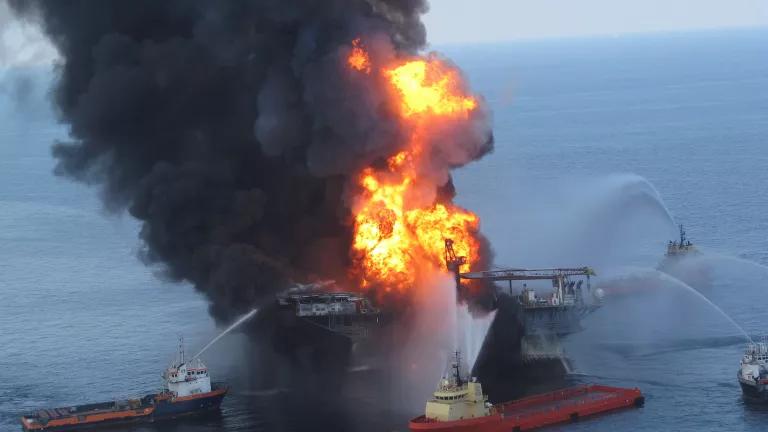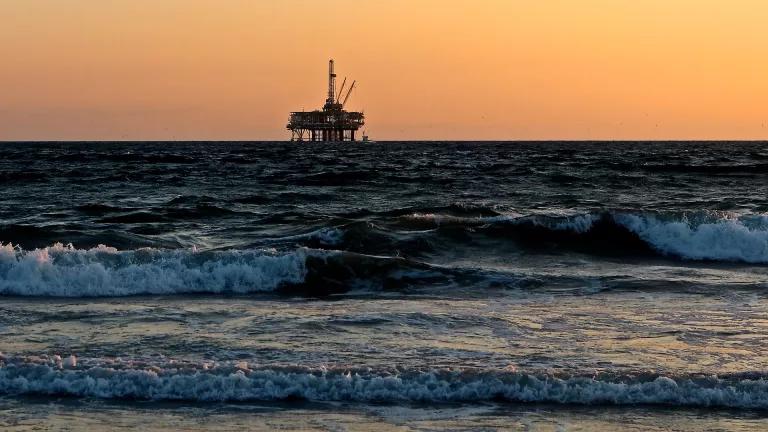
When the current five-year program for federal offshore oil and gas leasing expires on June 30, 2022, the secretary of the interior should propose no new leasing in the subsequent five-year program. Given the substantial reserves already under lease, stopping new leasing would have minimal projected impacts on U.S. fossil fuel production through at least 2035 and would do nothing to alleviate current high energy prices. These negligible changes in production will be more than made up for by the country’s anticipated energy conservation gains. Indeed, just the federal and state-level efficiency policies that are currently in place will produce energy savings that dwarf the projected production reduction from no new leasing.
To meet our climate commitments, the United States must significantly reduce its current level of fossil fuel exploitation, including by not leasing new areas for development. The secretary of the interior should take an important step toward that goal: no new offshore leasing in the next five-year program.






